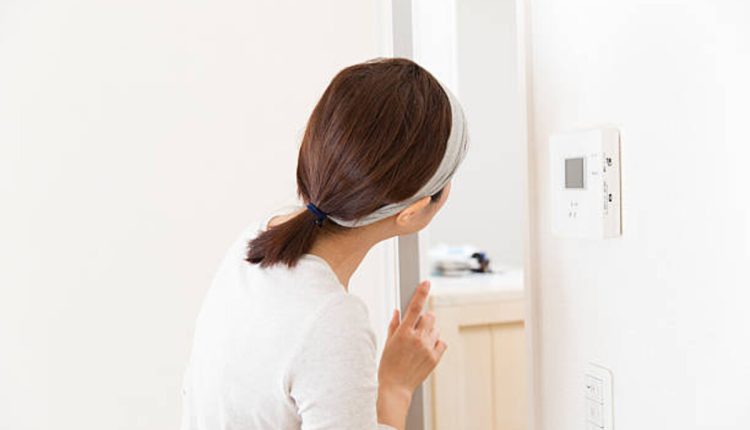Voyeur House Life
Voyeur House TV stands out in an increasingly content-saturated world by giving audiences access to private residences where you’ll witness authentic interactions, heartfelt dialogue, and sometimes moments of vulnerability.
Each frame presents a part of the larger picture, weaving a living tapestry of authentic human experiences. Recognize and understand how we all have similar quirks and emotions that connect us all.
Authenticity
Voyeur House TV provides an intimate glimpse into the lives of its participants, demonstrating the power of authenticity and human connection while challenging preconceptions, creating empathy, and captivating audiences with real-life narratives. By engaging with participants on their journeys, viewers become active witnesses who form bonds that blur the distinction between observer and participant.
As its name implies, “voyeur house life” is a modern take on the centuries-old practice of voyeurism – which involves discreet observation without consent – of others without their knowledge or consent. This term is usually applied to viewing pornography content online, watching people go about their daily routines, engaging in social interactions, or experiencing various emotions.
At Voyeur House, you can experience all this and more thanks to its various cameras positioned throughout each house. Some can be viewed free, while others require subscription fees – usually, kitchen and living room cams are openly viewable; bedrooms, bathrooms, and other areas of each house may only be viewed if paid membership has been purchased.
While this may appear as voyeurism, it should be kept in mind that all participants are willingly involved and have given written consent for this project – unlike reality shows where participants remain unaware of being under constant surveillance.
Empathy
Voyeur House TV provides viewers with a chance to witness authentic experiences that transcend geographical borders, challenge stereotypes, and foster empathy. By giving audiences access to other people’s lives, they may discover an array of emotions, struggles, triumphs, and connections lost due to our increasingly digital society.
Shame and empathy both carry with them the risk of objectification that leads to othering. When applied against individuals who transgress cultural-political norms, for example, it can inhibit them from taking responsible steps toward rectifying them. Ahmed vividly illustrates this phenomenon by exploring collective expressions of national shame among Australians over its failure to meet its responsibilities to Indigenous peoples.
As with moral virtue, empathy may also be seen as an endeavor to promote the common good; however, its use as an immoral enterprise may prevent responsible action from being taken by treating another as part of oneself and not forcing further steps to be taken by the subject empathizing with them. Here is where the critical phenomenology of empathy could prove invaluable.
Instead of viewing another as an integral whole, the phenomenological model of empathy recognizes and respects their radical alterity while calling upon empathizing subjects to engage with this difference appropriately. This allows some measure of responsibility to be taken while also addressing structural injustices such as inequities in access and quality of care based on ethnicity, gender, sexual/affectional orientation, or any other factor.
Ethical Concerns
Ethics are always at play when undertaking any venture involving voyeurism, including virtual house life. Participants of Vouyer House Life have chosen to open up their lives for public viewing, yet questions remain regarding informed consent, emotional health, and the impact of broadcasting intimate moments to an unseen audience.
At a time when reality television has become synonymous with scripted reality shows and carefully constructed online personas, Vouyer House Life provides a glimpse into the authentic essence of human existence. With its emphasis on ethics – informed consent, transparency, and respectful portrayals – this project sets new standards in reality television. People around the world come together through Voyeur House Life to celebrate, empathize, and connect on an intimate level. It also illuminates the fine line between entertainment and privacy invasion.


